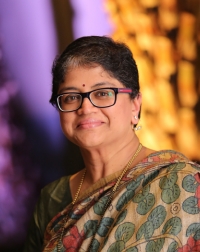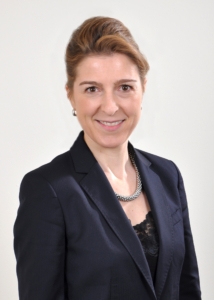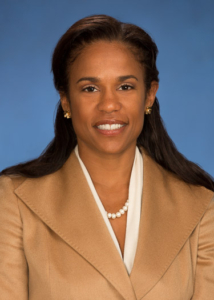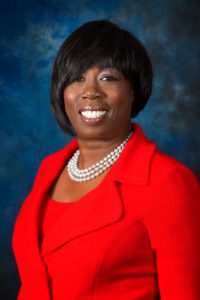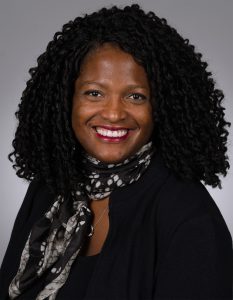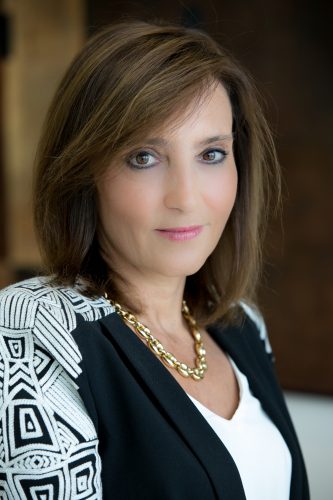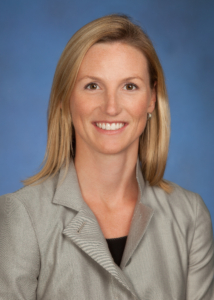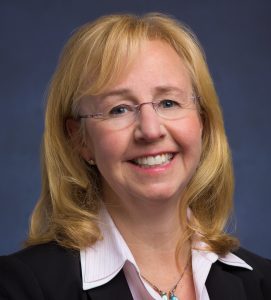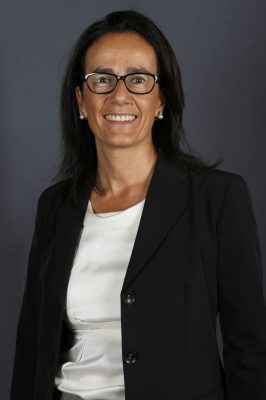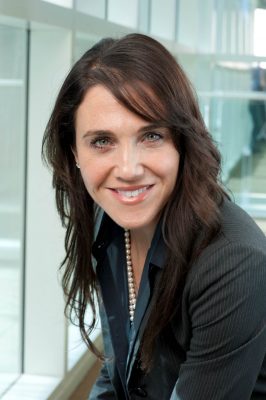Sharmila Karve is a self proclaimed “lifer” at PwC having begun her career in the Mumbai office as an intern in 1985. Sharmila says she has always been people and client focused and she got her first foray into leadership when she was one of the first females admitted as a Partner in 1997. Sharmila cites her client focus as the reason she could stay the course and keep advancing in her career and the firm through good and bad times in the Indian market. In 2009, she became the Territory Assurance Leader, India. After a successful stint as the Assurance leader she was appointed as the Head of Risk in 2012.
What experience teaches
The expertise she has acquired over years of working with a diverse set of clients has helped her deal with complex situations. As part of this journey she has successfully interacted with stakeholders both internal and external including regulators. Her biggest piece of advice for readers managing their career is “Be truthful and direct when dealing with difficult situations”.
The excitement of a new challenge
Early this year, Sharmila Karve took on the Global Diversity Leader role and is now a part of the PwC Global Leadership Team. She is using this opportunity to share her experience and the experiences of various others to empower people across the PwC network of firms. She says: “This role is challenging and we need to have a broader outlook to welcome each day with an open mind. There is no book that you can refer to on the rules, it is about listening.”
She is no stranger to understanding how to change the DNA of a culture having accomplished this in other aspects and she knows that her next challenge is ultimately to help people succeed. She comments of her upcoming diversity and inclusion challenge: “I would like to see how fast we can move the needle. How can we create the right support to further help both men and women be great leaders. Specifically how we can have more men engaged to drive the change. I think this mission is about getting people to share their thoughts with an open mind.”
When asked about how to empower women at work, she firmly believes that it is very important that women ask for what they want. She talks about having the confidence ‘To say NO at work or at home and not feel guilty about it’. Also to truly address the matter, it is important for the men to not assume what a woman might want based on their own ideas and experiences. She gives a very good example that often male managers might presume that a female on their team might not want to travel due to having young kids. She is adamant on her message that men and anyone else who is picking a team should be asking what individuals want to do and to ask a diverse cross section of people to join their team for optimal success.
As Global Diversity Leader she recognizes that gender is just one part of diversity and she states that one of her goals is to ensure that other diversity issues are equally explored and that data sets can be built on her watch. One of the many priorities Sharmila will be driving to accelerate change, involves disrupting the diversity trends of PwC’s experienced hires. In this regard she is very excited to executive sponsor PwC’s gender inclusive research project, the findings of which were released in their Winning the fight for female talent report on International Women’s Day.
On Work and Life
When asked about the idiosyncrasies of local country culture as part of the diversity challenge, Sharmila immediately gets that working mothers have the most shared yet separate challenges depending on the country that they reside in. She acknowledges that the US for example has daycare support when the Asian market leans more on family structures. She comments: “I myself took time out from 1991- 1994 to have and raise my daughter. I truly think people should do what is right for them and what makes them happy. Get a support structure and ask for support when needed. You don’t need to be a superwoman. In India our support structure includes family so I often joke be friends with your mum and mum-in-law as you never know when you will need their help and support.”
Sharmila relays that speaking up is often the answer as most managers will understand the human factor. She comments, “Fair leaders will understand that especially in global roles that rotating the early morning phone calls for example through time zones should be an option. And of course, technology makes work flexibility easier than ever before. We need sustainable careers for everyone”.
When relocating to other countries, Sharmila also recommends knowing the local norms but retaining your ethnic identity so that the benefits of diverse thinking is not lost.
In her spare time
Sharmila travels extensively and enjoys interesting terrain, joking she wants to see the world while her knees still let her. She spends time with her husband who is a Naval officer, her daughter Sanjana who is training to be a veterinary surgeon and Cara and Scamp, her spoilt and pampered pets.

